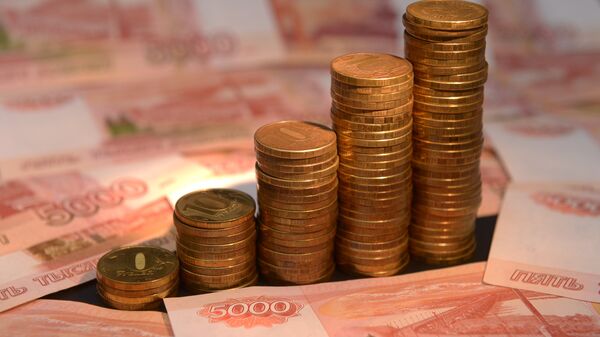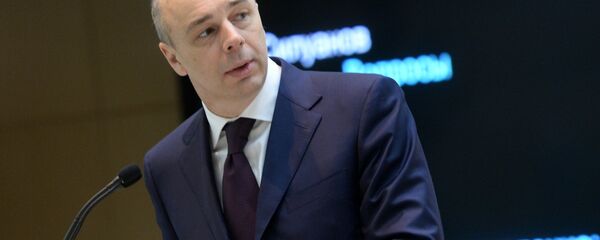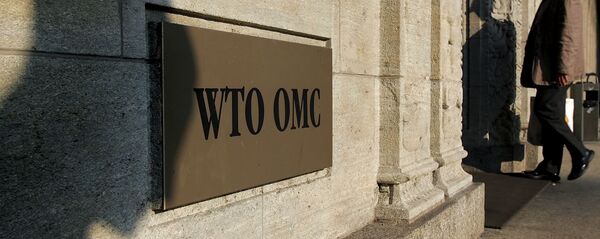According to the World Bank's report, Russia's ability to adapt to the recession has forced Bank officials to revise their predictions.
"For 2016, we project growth of the Russian economy at —0.6 percent, an improvement from our earlier June forecast of —1.2 percent. And as oil and gas prices are projected to continue recovering to US$55.2/bbl in 2017 and US$59.9/bbl in 2018 and positively affect domestic demand, we forecast the economy to start inching towards growth of 1.5 percent in 2017 and 1.7 percent in 2018," the report said.
Amid ongoing global economic instability, a decline in world oil prices (which contribute significantly to Russia's export earnings), and Western economic sanctions, Russian authorities have made an effort to adapt. "Over the last two years, the government's policy response package of a flexible exchange rate policy, expenditure cuts in real terms, and bank recapitalization – along with tapping the Reserve Fund – has helped facilitate this adjustment," the report added.
Furthermore, despite unfavorable terms of trade and limited access to foreign capital markets, Russia's balance of payments remains stable, and unemployment is "at near minimum levels" of 5.6%. Poverty rates are also stable, according to the Bank, at 13% in 2016 (compared to 13.3% in 2015).
At the same time, the institution suggested that risks remain, and the expected growth " is unlikely to turn the tide in terms of building a more diversified economy. Risks stemming from commodity price volatility and structural constraints remain…Overall, import substitution seems to have a limited impact on growth and redistribution of production factors so far." According to the Bank, diversification efforts are complicated by "a relatively low level of spare capacity in most tradable sectors and limited availability of labor," along with "structural and institutional constraints."
Cited by economic news service Vesti Finance, Andras Horvai, the World Bank's resident representative in Russia, said that while there remains room for improvement, "the decline in uncertainty in economic policy may help improve investor sentiment" toward Russia. His colleague Apurva Sanghi, the Bank's leading economist for the country, said that he could "not imagine any other country that would have withstood these challenges." In general, he said, the Russian government and the Central Bank acted properly, although there is room for more 'proactive measures' to ensure growth.
The World Bank's cautious optimism has been matched by a survey of Russian attitudes toward the economy. According to detailed polling conducted jointly by several major economic institutes and the Ministry of Economic Development, the number of Russians predicting a stabilization of the economic picture has more than doubled, from 3.6% in September 2015 to 7.4% this year. According to polling, over half of respondents believe the situation is 'stabilizing' – the highest indicator since polling began in February 2015.
At the same time, the percentage of those who expect stagnation to continue for the next year or two has also dropped, from 37.2% in January to 27.1% in September.






